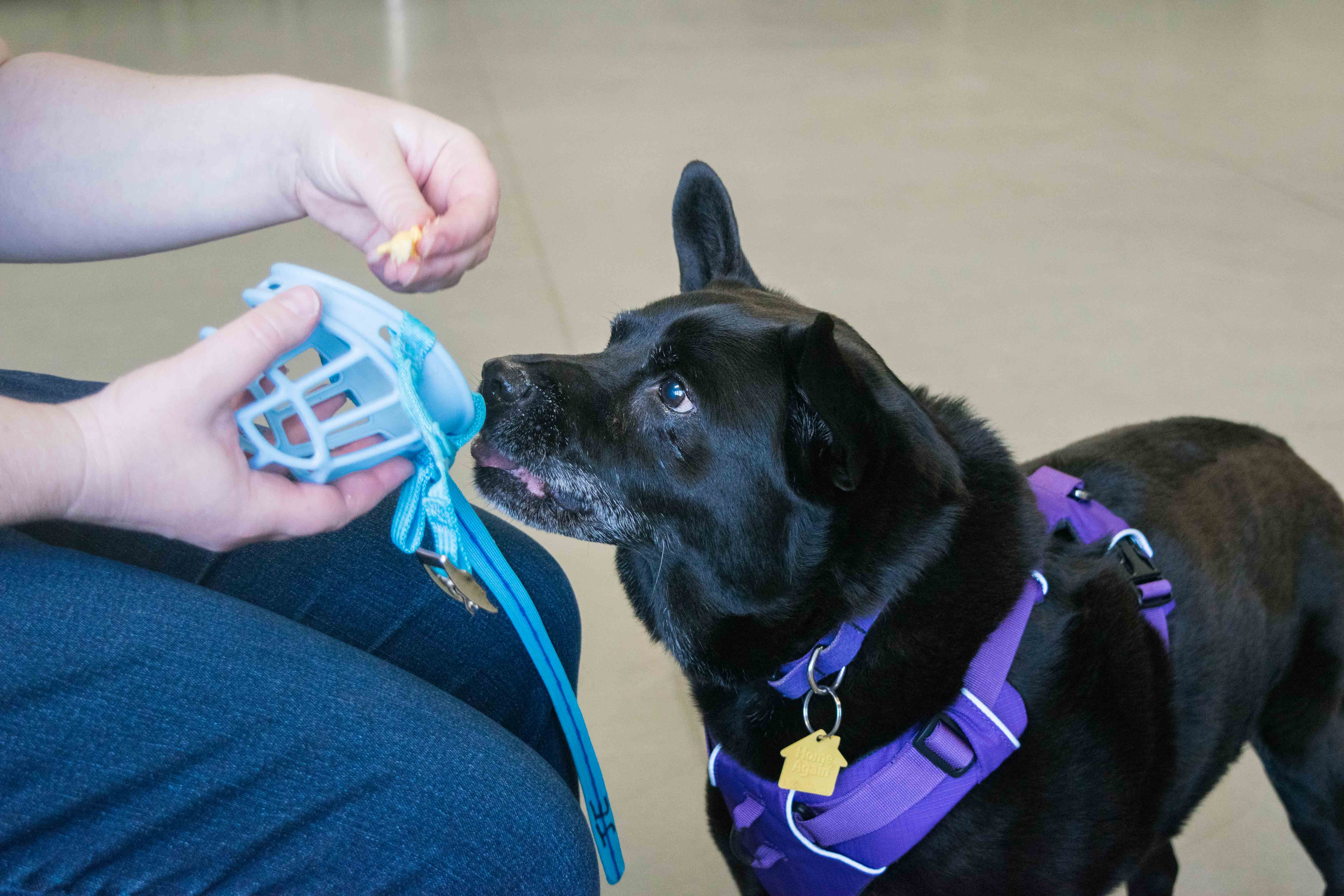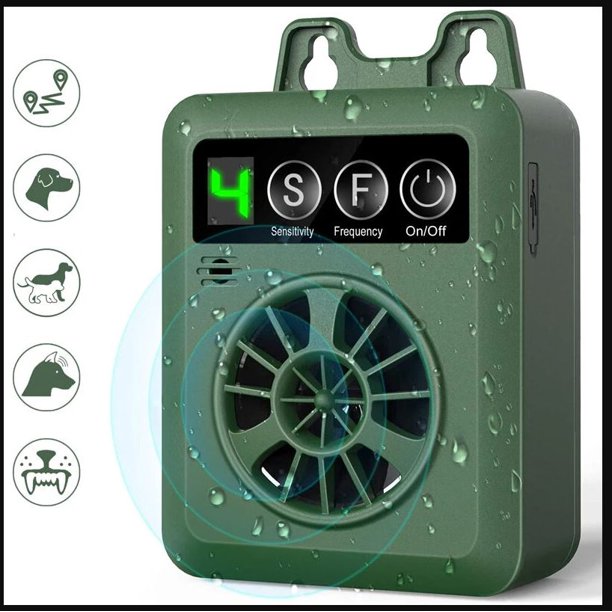
There are many benefits to surrendering a dog at a shelter. What are the disadvantages? Read on to learn more. Some of the reasons for returning a dog to a shelter include: Unrealistic expectations, Incompatible with other pets, Bad behavior, and Previous ownership history. These factors can make the decision about whether or not to adopt a pet dog more difficult. This decision is not easy.
Unrealistic Expectations
The chances of a dog being adopted are reduced by 60 percent when a person surrenders a dog to a shelter. One reason could be that the owner has unrealistic expectations regarding the benefits of owning pet animals. While the owner's expectations about the animal's benefits are likely to be unfounded, they may also have contributed to dissatisfaction with pet ownership. Bias for dogs could also cause unrealistic expectations for dog ownership. Animals may be returned to the shelter because of behavioral or housing issues or because they aren't compatible with their current pets.
Many dogs are brought back to shelters from a variety of reasons. According to the study, nearly 90% of dogs were returned because of behavior problems. Aggression towards humans was the most prevalent behavior problem. These aren't necessarily the only reasons dogs should be returned to their owners, but they do seem to be quite common. Wells and Hepper say that aggression toward animals and humans is the main reason dogs are returned home from shelters.
Many people mistakenly believe that a 12-week-old puppy will be fully house trained and sleep through the night, when in reality this is unlikely. We still poo several times per day, even though it has been here for three months. The reality is that humans have unreasonable expectations for dogs. We shouldn't expect our 12 week old puppies to be perfectly housetrained or to sleep through their nights.
There are three main reasons to return a dog to the shelter: aggression, behavior issues, and incompatibility of dogs with other pets or humans. An owner who returns a dog to the shelter might have unrealistic expectations for the animal. The owner may have unrealistic expectations of the animal and the owner, which could result in the pet not receiving proper care. To ensure a successful adoption, you need to be realistic about your expectations of the pet.
Uncompatible with pets
While not every return is a result of bad behavior, one study found that nearly one in 10 individuals adopted another animal from the same shelter after their return. However, one in ten also said that their desire to adopt another animal was decreased as a result of their unsuccessful experience. The majority of returning owners didn't change their animal preferences, with half adopting a dog from a different breed or sexuality.

Post-adoption success rates were also lower for those who had unrealistic expectations. People with unrealistic expectations or pets with bad behaviour history had lower success rates in post-adoption. Adoption success rates were also affected by animal behavior. A behavioral match with an adopter reduced the odds of adoption. However, a lack of pet compatibility with a previous owner was not a significant reason for returning an animal.
Bad behavior
Bad behavior is the main reason dogs are returned to shelters. Bad behavior includes chewing on objects, urinating in the shelter, separation anxiety, loud barking, whining or howling. It is possible to fix most bad behaviors with patience and training. These are some ways to correct bad behavior so your dog doesn't become a shelter victim. The dog's personality can influence his behavior.
An employee administers a survey using an electronic tablet to all returning animals. A survey form requires a detailed explanation for the reason for the return. These data are added to the ShelterLuv record of the animal, which will help in future adoption discussions. Survey responses are then cross-checked and written explanations of why the animal returned are added to the ShelterLuv record. In the end, the shelter will use the data to identify the root causes of bad behavior.
If you decide to surrender a dog to shelters, it is important to give an honest explanation as to why. It is unacceptable to misrepresent or lie about the situation. If you can explain why you are returning the pet, shelter staff will help you. The main goal of animal welfare workers is to keep dogs in good homes. It is not always easy, especially for those with a history or bad behavior.
There are many reasons to surrender a dog to shelter. While some behaviors can be curbed through training, many owners do not have the time or money to do so. Many trainers suggest rehoming a dog following a bad bite. This can help prevent future behavior from occurring. This is especially important when the dog is involved in the family's biting behavior. This can cause a broken relationship between the pet owner and the pet.
History of previous ownership
In a study, animal owners with a previous ownership history were 40% less likely the animals to be returned than those who had never previously owned a dog. While the exact reason behind this disparity remains a mystery, it was found that previous ownership may have an impact on the likelihood of a subsequent adoption. In addition, the study found that the previous owner's sex did not influence the chances of post-return adoption.
Although the dog may be legally owned by the owner, it does not necessarily mean that the dog is worthy of being kept. It is important to consider the best interest of your dog when you return it to a shelter. This will help you make an emotional decision and will also make your dog happier. But, if the shelter's previous owner can prove that it violated any laws they could challenge your adoption decision.
This is a good time to consider moving on and finding another shelter or rescue. Although it is important to be open with your new shelter or rescue, you must remember that previous ownership will not guarantee future adoption. Some agencies take the time to interview potential adopters. Others have strict rules about animal acceptance. It is essential to choose the best organization for your dog. There are many aspects to consider when looking for a new shelter.
Stress associated with rehoming a pet dog

The stress of re-homing a dog can cause a wide range of behaviors. These behaviors can include being quiet, aggressive, fearful, or vocal. Shut down, for example, describes a dog that is unresponsive and unusually inactive. This can lead to near-catatonia. Some cases are less severe, but they can be well-behaved.
Although it is not always easy to re-home a dog, it can be a great decision for the dog and the owner. A responsible home with love, stability and good food is the best way to rehome a dog. Make sure that the person adopting the dog is a responsible person who has experience with dogs. Make sure the person is serious about adopting a dog, and pay a re-homing fee. It may help to talk to friends and relatives who have adopted dogs and can give you their tips.
Many dogs are brought to the shelter because of behavioral problems. These problems can include fearfulness and housetraining difficulties, as well as escape. The need to find a new place for your dog can be caused by excessive barking, housebreaking and other undesirable behaviors. A dog that is not a good match might be the reason they need to be rehomed. Shelters may be the only option if the dog has been neglected or abused.
Re-homing a pet dog to a shelter can be a stressful experience for both dog and owner. The stress can be overwhelming for the dog and can delay its adjustment process. Although dogs are often adopted from better environments, moving can slow down the process. You will bond with your dog and have a smooth transition.
FAQ
Should I spay/neuter/neuter a dog?
Yes! It is vital to spay/neuter your dog.
It does not only decrease the number unwanted puppies, but also reduces the likelihood of certain diseases.
Female dogs are more likely to get breast cancer than male dogs.
And there is a higher risk of testicular cancer in males than females.
Also, spaying or neutering your pet will prevent her from having children.
How much should I pay for a pet?
The best rule of thumb is to budget $200-$300 each month.
However, this varies depending on where you live. You would spend $350 per Month in New York City.
Rural areas may require you to spend only $100 per month.
It's important to remember that you should buy quality items such as a collar, leash, toys, etc.
You should also think about investing in a crate for your pet. This will keep your pet secure during transport.
What are three things that you need to consider before getting a cat?
Before buying a cat, make sure you have considered these questions:
-
Are there any health concerns for the cat?
-
Will the cat eat all my food?
-
Do I want a cat because I love cats, or do I just want a pet?
What is pet assurance?
Pet Insurance provides financial protection for pets when they are sick or injured. It also covers routine care such as vaccinations or spaying/neutering.
You can also get emergency treatment for your pet if it is in an accident or becomes sick.
There are 2 types of pet insurance.
-
Catastrophic – This insurance pays for the medical costs of your cat in case of serious injury.
-
Non-catastrophic: This covers routine vet costs such as microchips and spays/neuters.
Certain companies offer both catastrophic coverage and non-catastrophic. Others only offer one.
To cover these costs, you will have to pay a monthly fee. The amount depends on how much you spend on your pet's care.
The price of your insurance depends on which company is chosen. Shop around before making a purchase.
You may be eligible for discounts if more than one policy is purchased by the company.
Transferring an existing pet insurance policy with another company is possible.
If you do not want to buy pet insurance, you'll need to make all of the payments.
However, there are still ways to save money. Ask your veterinarian for information about discounts.
You might be disregarded if your pet is seen often.
Or, you can find a local animal shelter where you can adopt a pet instead of paying for one.
No matter which type of insurance you choose, it is important to read all the fine print.
This will give you an accurate estimate of the value of your coverage. If you aren't sure about something, call the insurer immediately.
What are the responsibilities that pet owners have?
Pet owners must unconditionally love their pet. They must also take care of their basic needs, such as shelter, food, water, and shelter.
They should teach them good behavior. Pet owners should not neglect their pet.
He should be responsible enough to clean up after it.
Which breed is easier to train, cats or dogs?
Both. It all depends upon how you approach training them.
You can make them learn faster if they get treats for doing the right thing. If you ignore them when you don't like what they do, they will start to ignore you.
So, there's no right or wrong answer. It is up to you to find the best way for your dog or cat to learn.
Statistics
- It is estimated that the average cost per year of owning a cat or dog is about $1,000. (sspca.org)
- Reimbursement rates vary by insurer, but common rates range from 60% to 100% of your veterinary bill. (usnews.com)
- Here's a sobering reality: when you add up vaccinations, health exams, heartworm medications, litter, collars and leashes, food, and grooming, you can expect a bill of at least $1,000 a year, according to SSPCA. (bustle.com)
- A 5% affiliation discount may apply to individuals who belong to select military, law enforcement, and service animal training organizations that have a relationship with Nationwide. (usnews.com)
- * Monthly costs are for a 1-year-old female mixed-breed dog and a male domestic shorthair cat less than a year old, respectively, in excellent health residing in Texas, with a $500 annual deductible, $5,000 annual benefit limit, and 90% reimbursement rate. (usnews.com)
External Links
How To
How do you choose the right name for your pet?
When you are considering adopting a pet into your family, it is one the most crucial decisions you will make. Names should reflect who your pet is and their personality.
Consider how other people may refer to them. If you are going to use their name during conversation, for instance. The last thing you need to think about is how you want to be referred. What do you prefer, for example, "dog" or pet?
Here are some tips to help you get started:
-
Select a name to fit your dog's breed. Look up names that are associated with the breed if you are familiar with it (e.g. Labradoodle). Ask someone who is knowledgeable about dogs to suggest names based on that breed.
-
Be aware of the meaning behind the name. Some breeds have names that are based on people or places. Others are nicknames. For example, the Labrador Retriever named "Rover" because he was always running!
-
Consider what you would like to be called. Do you prefer to be called "dog?" or "pet?" Do you prefer to call your dog "Puppy", or "Buddy?"
-
Be sure to include the name of the owner. It's sensible to give your dog an owner's name. But, don't limit yourself by limiting your family's names. Your dog might grow up to be a member your family.
-
Keep in mind, many pets have multiple nicknames. For example, a cat might go by several names depending on where she lives. You might call her "Kitty Cat" home, but she might be "Molly" on the road with her friends. This is especially true for cats who live outside. Cats often choose to adopt their name according to their surroundings.
-
Be creative There are no rules saying that you must stick to a specific naming convention. Just make sure that you choose something unique and memorable.
-
Check to make sure your chosen name hasn't been used by someone else or a group. So you don't accidentally steal someone's identity.
-
Finally, remember that choosing a name for your pet isn't an exact science. Sometimes it takes some time to decide if a name is right. Keep trying until you find the right name!